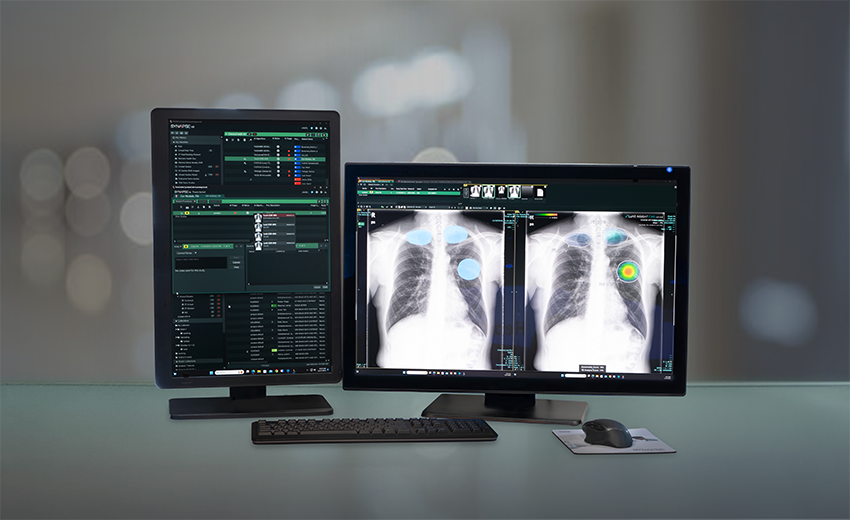HIT Consultant – Read More

What You Should Know:
– The American Academy of Family Physicians (AAFP) and Rock Health have collaborated on a new report titled “The Starfield Signal: A Shared Vision and Roadmap for AI in Primary Care,” which presents a shared vision and roadmap for the responsible and effective integration of artificial intelligence (AI) into primary care.
– The report, which is the culmination of an initiative launched in September 2024, reflects insights from a national survey of over 1,200 primary care physicians and a summit that convened diverse leaders in primary care, technology, and business.
– The consensus is that if developed and deployed thoughtfully, AI can address many of the challenges facing primary care and help it achieve its full potential.
The Current State of Primary Care
Today’s primary care system in the United States is at a “breaking point”. It is under-resourced and overstretched, despite being the foundation of a healthier healthcare system. Over 100 million Americans, a number that has more than doubled in the last decade, lack access to primary care. This is largely due to a shrinking and aging primary care workforce, rising chronic disease, and a misaligned payment system that exacerbates workforce shortages.
Against this backdrop, AI is rapidly expanding into clinical settings. A survey of over 1,200 primary care physicians and other clinicians reveals that a majority already use digital health tools daily, with 36% having used AI in their practice. Early signs show great promise, with AI scribes positively affecting work satisfaction for 82% of primary care physicians and patient interactions for 84%.
Starfield Signal for an AI-Enabled Future
The “Starfield Signal” represents a call to action to align innovation in ways that preserve and advance primary care. The report outlines a vision where AI strengthens the core attributes of primary care—first contact, continuity, comprehensiveness, and coordination. Summit participants envisioned a future where AI assistants are trusted members of the care team, handling tasks like triaging patients, summarizing charts, and drafting care plans. This would allow human care teams to focus on complex clinical decisions and the personal elements of quality care, leading to more professional satisfaction and “joy in practice”.
The report identifies five “beacons” for how effective AI use could strengthen primary care:
- Ensuring primary care remains the key source of preventive and continuous care. AI can help care teams be more proactive with patient outreach and health management, making care feel less episodic.
- Enabling deeply personalized care that builds trust. AI can help care teams understand the person behind the patient by surfacing human-centered insights, delivering culturally responsive care, and building trust in a system where it is often lacking.
- Serving as the steward of shared decision-making. AI can help primary care physicians reclaim their role as the “quarterback of care” by synthesizing data from disparate sources and surfacing key insights, reducing cognitive burden.
- Becoming a key driver of population health decisions. AI tools can help primary care teams deliver targeted, proactive support on a large scale by stratifying patients by risk, complexity, or social needs.
- Enabling true team-based care where all members work at “top of purpose”. AI assistants can manage clerical tasks and route tasks to the appropriate team member, allowing physicians, nurses, and staff to focus on what they do best.
Overcoming Barriers to Primary Care AI Adoption
The report also details significant barriers that could stall the progress of AI in primary care, grouped into three categories:
- Misaligned Financial Incentives: The current fee-for-service (FFS) payment model rewards volume over prevention and innovation, which could discourage investments in AI tools that improve outcomes or reduce administrative burden.
- Inadequate Infrastructure and Systems: A lack of data interoperability and a fragmented vendor ecosystem make it difficult to integrate AI tools into real-world workflows. Without holistic data inputs, AI risks making incomplete or biased recommendations.
- Lack of Human Trust and Engagement: The success of AI ultimately depends on whether patients, physicians, and care teams trust and engage with it. Concerns around unclear accountability for AI-driven decisions, lack of physician and patient trust, and the potential for increased cognitive burden could hinder widespread adoption.




